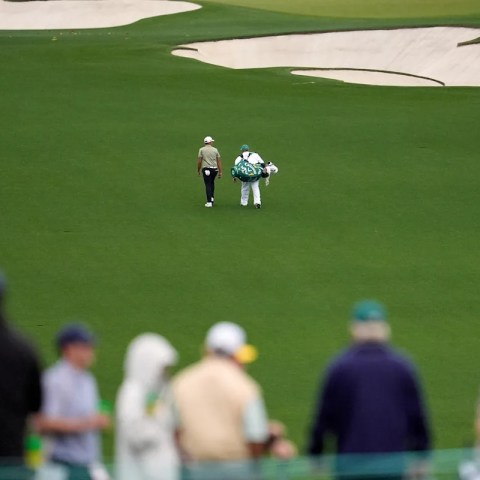The late-night TV landscape is shifting, and it’s keeping media execs up at night. CBS is set to part ways with Stephen Colbert and his long-running “Late Show” in May. This decision reflects a broader trend in late-night television, where networks have been tightening their belts for years.
NBC made moves in 2021, dropping Lilly Singh’s show and trimming Seth Meyers’ band. They’ve even cut Friday broadcasts from Jimmy Fallon’s “Tonight Show.” CBS is planning to replace “After Midnight,” a newer show, with re-runs of “Comics Unleashed.” Meanwhile, Comedy Central’s “The Daily Show” is now just a weekly gig for its host, Jon Stewart.
Why the drastic changes? Advertisers have pulled back. In 2018, they spent around $439 million on late-night shows. By 2024, that number plummeted to about $220.6 million, a decline of nearly 50%. The pandemic and recent labor strikes exacerbated the issue, disrupting production and diminishing ad revenues.
A significant shift in viewer habits is also to blame. Young audiences, previously glued to live late-night shows, now prefer catching snippets online. This change makes it tricky for networks to monetize these programs effectively.
Despite these challenges, CBS has valued Colbert’s contributions. He transformed “The Late Show” into a top-rated late-night program, even outperforming NBC’s “Tonight” for the first time since 1993. Colbert’s humor, often political, has resonated with audiences but raised concerns about advertiser appeal. Some brands shy away from humor that leans left.
Interestingly, as discussions on Colbert’s departure surfaced, CBS was careful not to disrupt the show during its summer break. Executives wanted to discuss the move directly with him, maintaining a friendly rapport throughout.
Though CBS is parting ways with “The Late Show,” Colbert’s presence will remain until the spring. His show has been a critical asset, accounting for 29% of late-night ad revenue in 2024. That’s a notable chunk, especially in a time when late-night formats face constraints.
As networks recalibrate, this isn’t the end of late-night humor. But hosts will face increased pressure to adapt to changing tastes and attract advertisers. The dynamic nature of politics and pop culture continues to influence what viewers want, and for some, that might mean more sleepless nights.
With late-night entertainment evolving, it reflects a broader change in how we consume media and engage with the world around us. If you’re interested in the latest shifts in advertising trends or the impact of youth viewership, sources like Nielsen and Statista provide valuable insights into these emerging patterns.
Source link
CBS,Late Night,Late Show With Stephen Colbert,Stephen Colbert






















